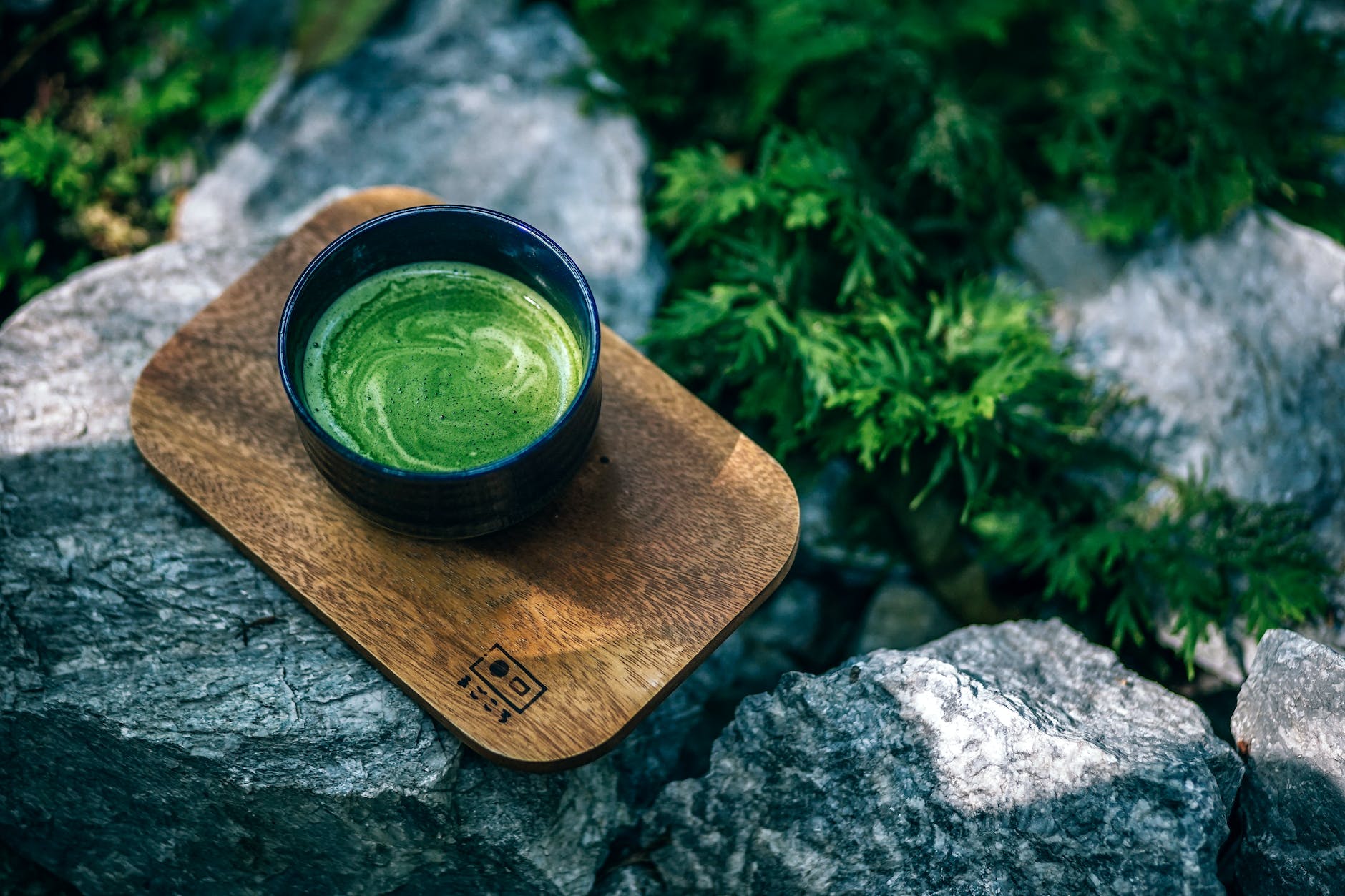

Exploring the World of Matcha: A conversation with Rikko of Hokusan Tea Canada
As a passionate tea blogger and tea sommelier, I have always been captivated by the rich flavors and cultural heritage of matcha green tea. Its vibrant green color, velvety texture, and unique umami taste make it a beloved beverage with a growing global following. However, my love for matcha goes beyond savoring its delightful qualities; I am also deeply interested in the journey of matcha from tea farms in Japan to our teacups.
In my quest to shed light on the world of matcha and raise awareness about its origins and challenges faced by tea farmers, I had the privilege of conversing with Rikko, the founder of Hokusan Tea Canada. Rikko’s extensive travels throughout Japan led her to uncover the intriguing tale of Japanese tea.
During our insightful discussion, Rikko shared her firsthand experiences and knowledge, revealing the lesser-known aspects of Japanese tea culture. We delved into topics ranging from the lack of awareness among locals about the value of Japanese tea to gender inequality in the tea industry. We also explored the significant issue of Japan’s aging population and its impact on tea farming, as well as the potential solutions and opportunities that lie ahead.
Through Rikko’s expertise and dedication, we gain valuable insights into the efforts being made to promote sustainability, environmental consciousness, and gender equality in the tea industry. Furthermore, we explore strategies to increase consumer awareness and appreciation for matcha, especially among the younger generation.
As I embarked on this enlightening journey with Rikko, it became evident that our collective efforts can make a difference. By spreading knowledge, embracing cultural exchange, and supporting tea farmers, we can contribute to the preservation of Japanese tea traditions and ensure a sustainable future for this cherished beverage.
Join me as we embark on an exploration of matcha’s roots, its challenges, and the steps we can take to preserve and celebrate this precious gem from Japan. Together, let’s unlock the world of matcha and share its wonders with tea enthusiasts worldwide.
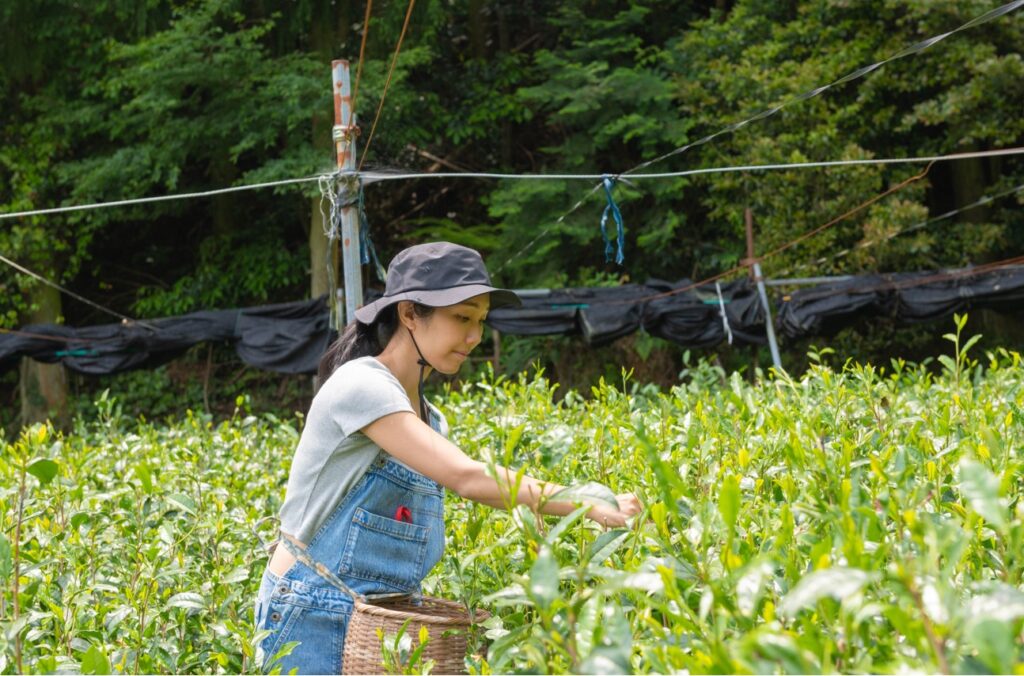
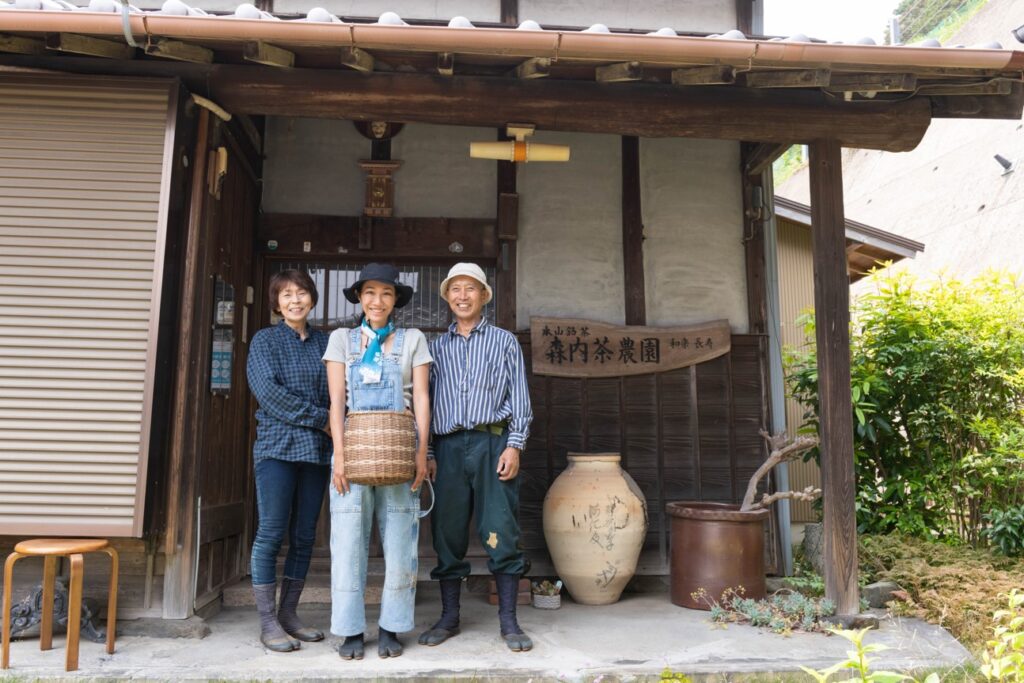

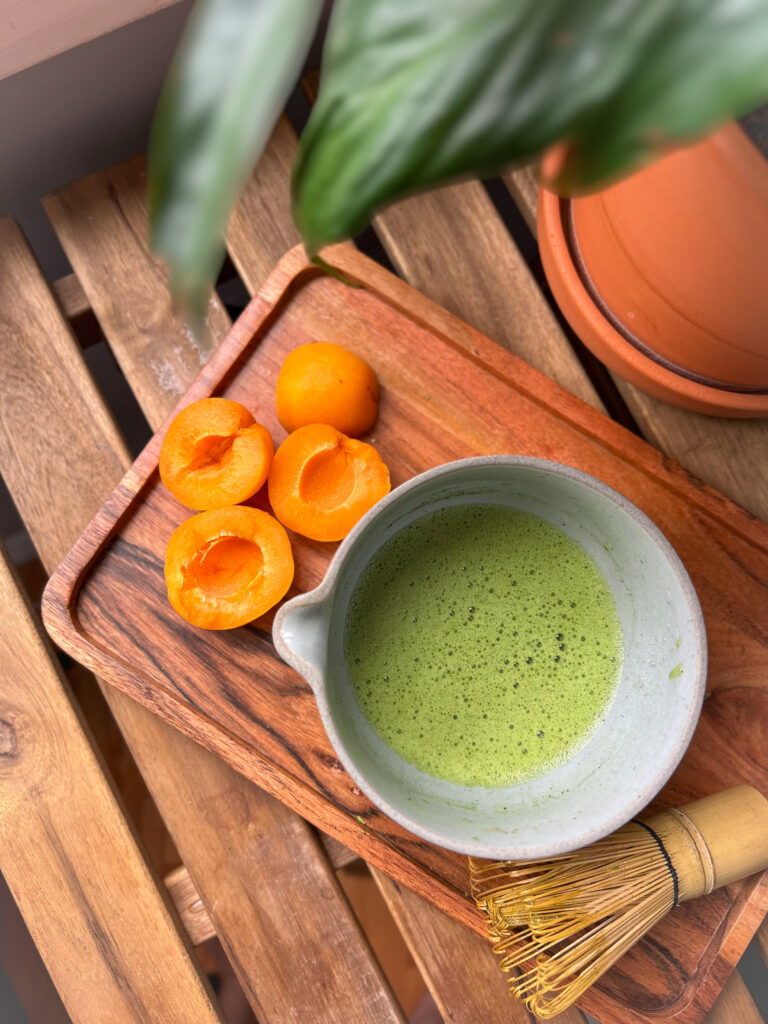

Our Conversation
Vedika: So, Rikko, can you tell us about the tea market in Japan? I noticed that despite Japan’s reputation for tea, many locals are not fully aware of the value of Japanese tea. There seems to be a lack of awareness among locals about Japanese tea. The younger generation, in particular, is more inclined towards casual experiences and less interested in strict rules. For example, the traditional Japanese tea ceremony is seen as serious and formal, but young people today prefer a more casual approach. I feel that they may not use the traditional bamboo whisk or matcha bowls, but they still might be able to enjoy matcha in their own way. So, the challenge is to spread awareness among the younger generation about the value of matcha and other Japanese teas, and how they can incorporate them into their daily routines.
I feel that’s an important goal, isn’t it? What strategies do you employ to increase consumer awareness and promote Japanese tea?
Rikko: We are exploring various strategies to increase consumer awareness. Through education, we are trying to bridge the gap between the tea industry in Japan and the western world. We also collaborate with tea communities, such as that on Instagram, to reach as many people as possible. By leveraging these platforms, we aim to keep the culture of matcha alive and encourage more people to incorporate it into their lives.
Vedika: You mentioned the challenges of gender inequality in Japan. How does this issue manifest in the tea industry?
Rikko: Gender inequality is a systemic issue in Japan, and it is also prevalent in the tea industry. While there has been progress in terms of women’s social and financial independence, there is still a significant gender gap, especially in business and workplace environments. For example, when I worked at the tea auction market in Shizuoka, I was the first woman to wear the yellow hat, which signifies auction market workers. In terms of leadership roles and business ownership, there are very few women in the tea industry. This disconnect between the predominantly female consumer base and the industry itself highlights the gender inequality present. Women have traditionally been assigned tasks such as tea picking and processing, which are physically demanding and labor-intensive. These roles are often undervalued and underpaid compared to positions held by men, such as tea masters or tea traders. This wage disparity reinforces gender inequality within the industry.
Vedika: Is the Japanese government open to discussions on gender inequality in the tea industry?
Rikko: The Japanese government has been supportive and open to discussions on this issue. They have provided funding for new technologies and initiatives to support tea farmers. However, addressing gender inequality requires broader societal changes, and it will take time to bring about significant transformations. As a Japanese-Canadian tea company, we can provide western perspectives and communicate the needs of the industry from international standards and viewpoints.
Vedika: How much is the demand for Japanese green tea around the world, and how is it growing?
Rikko: The demand for Japanese green tea is growing globally. According to the Japanese Export Council, Japanese tea exports increased by 111% in 2022. The top export destinations include the United States, Taiwan, Germany, Singapore, and Canada, which has shown significant growth in demand for Japanese green tea.
Vedika: Another concern you raised was the aging population in Japan. How does this impact the tea industry?
Rikko: The aging population is a significant challenge not only for the tea industry but also for Japan as a whole. Japan has been facing a continuous decline in its birth rate, while its population enjoys a longer life expectancy. This demographic trend has resulted in an alarming situation in the tea farming industry. In Shizuoka, a staggering 93% of tea farmers are over 70 years old, and a significant 85% of these farmers lack successors to carry on their legacy. This unfortunate reality has led to a drastic decline, with approximately 90% of tea farmers disappearing from the industry. The future of tea farming in Japan hangs in the balance, calling for urgent attention and sustainable solutions. There is a lack of younger generations willing to take over tea farming due to the challenges it presents and the limited financial opportunities. Additionally, the shift in Japanese lifestyle and the popularity of other beverages like coffee and bottled teas have affected the demand for high-quality loose-leaf tea. To sustain the tea industry, the Japanese government aims to address these issues by introducing technological advancements, promoting organic farming, and potentially opening doors to foreign workers.
Vedika: Does Hokusan Tea Canada practice sustainability? How do you contribute to maintaining the ecosystem and being conscious of the environment?
Rikko: We strive to promote and support eco-friendly tea farmers who prioritize sustainability. For example, we work with G.A.P.S. (Good Agricultural Practices) certified eco-farmers who adopt environmentally friendly methods. As a Canadian-Japanese organization, we also address sustainability by fostering gender equality within our company, acting as a cultural and business bridge between Japan and Canada through education and information sharing as well as promoting women empowerment in the tea industry and helping local communities to make positive social impacts as our corporate social responsibility!
Vedika: Can you share your motivation behind starting Hokusan Tea and the challenges you faced during the journey?
Rikko: The motivation behind starting Hokusan Tea was to serve as a cultural and business bridge between Japan and Canada through tea. However, the journey has been challenging, especially with the onset of the COVID-19 pandemic shortly after the company’s inception. The first year was particularly difficult due to financial conservatism and uncertainties. Nonetheless, we persevered, believed in ourselves, and gradually saw our sales increase in the second year. I was very fortunate to participate in a highly exclusive and respected Japanese green tea farm cultivation at Moriuchi Green Tea Farm in Honyama, Shizuoka. It was such an honor and a truly rewarding experience to be exposed to the most authentic Japanese green tea production – literally from the ground up. Working with legendary hand pickers and a hand kneading master was the experience of a lifetime. Currently, we are a small startup, but we are excited to continue educating and informing tea lovers about Japanese tea and supporting the tea industry.
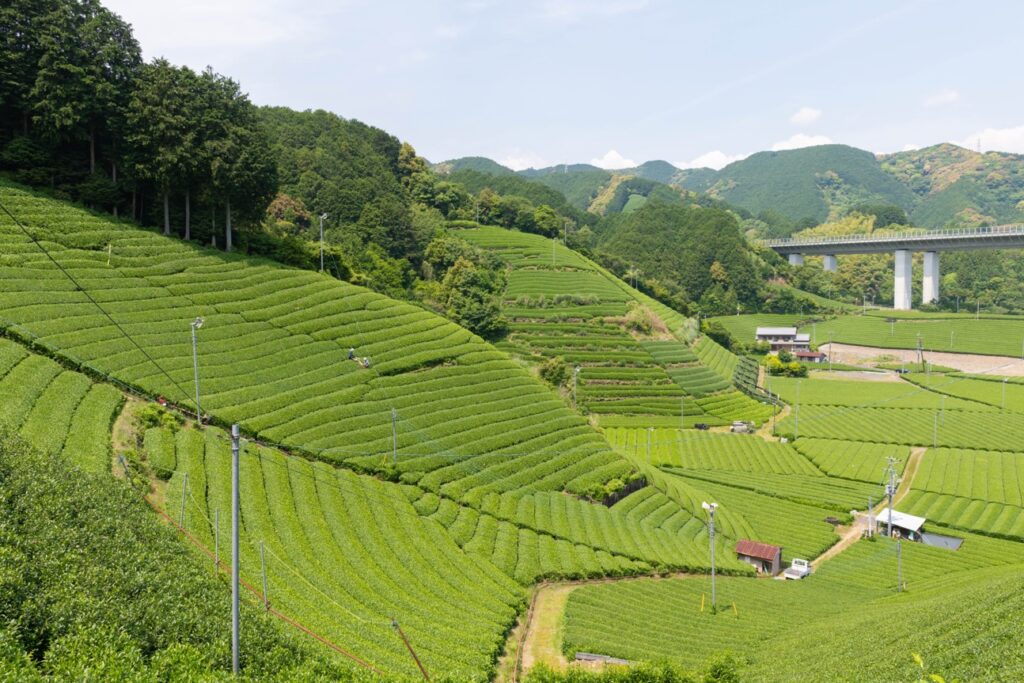

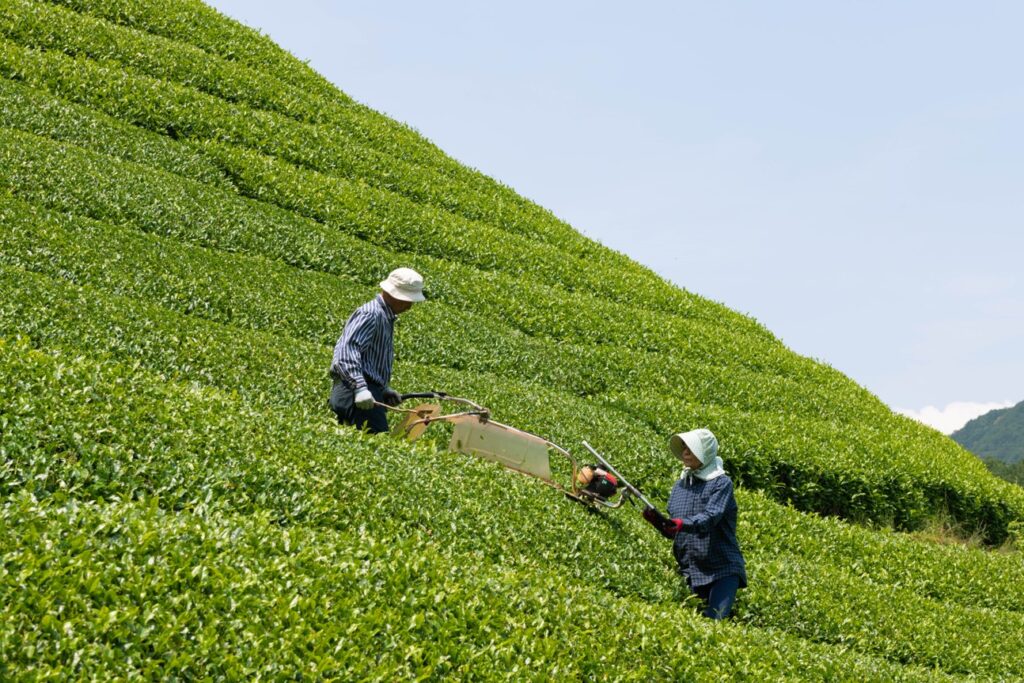

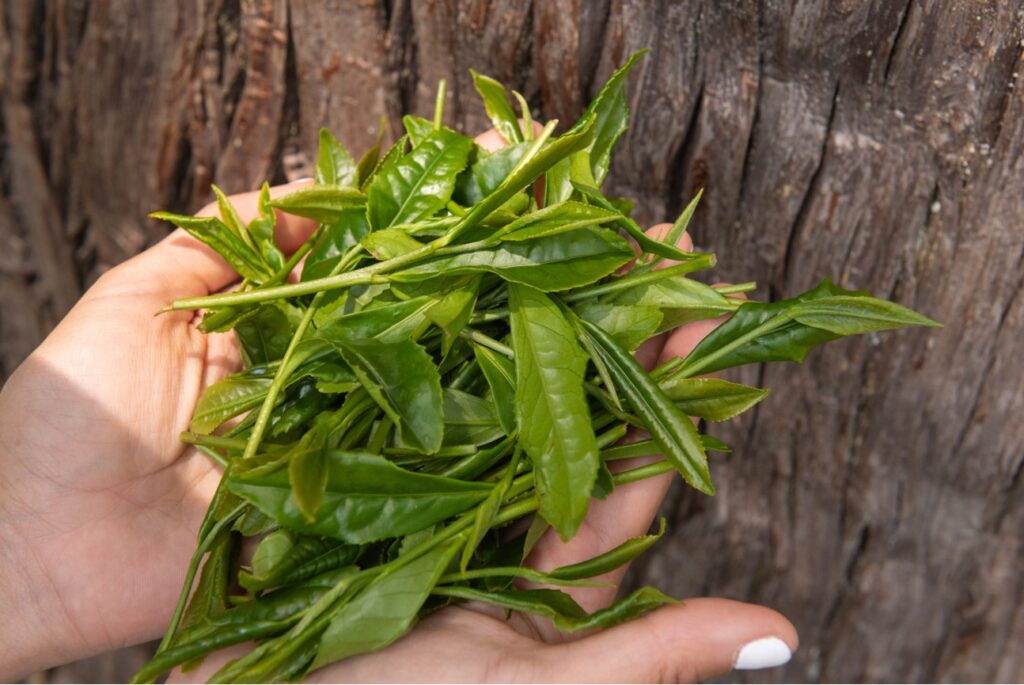

I extend my heartfelt gratitude to Rikko for generously sharing her insights and experiences. Her passion for Japanese tea culture and dedication to bridging the gap between Japan and the rest of the world through tea is truly inspiring. I wish her continued success and growth in her endeavors with Hokusan Tea Canada.
To my dear readers, I extend my gratitude for taking the time to delve into the world of matcha with us. Your curiosity and support contribute to the preservation and promotion of Japanese tea traditions. Stay tuned for my upcoming blogs as we continue to explore the fascinating realm of tea, unravel its hidden gems, and share my knowledge with you.
Until then, may every sip of matcha transport you to the serene tea fields of Japan, awakening your senses and nurturing your appreciation for this remarkable beverage. Cheers to the wonders of matcha, and I’ll see you soon in my next blog & newsletter!



Leave a Reply